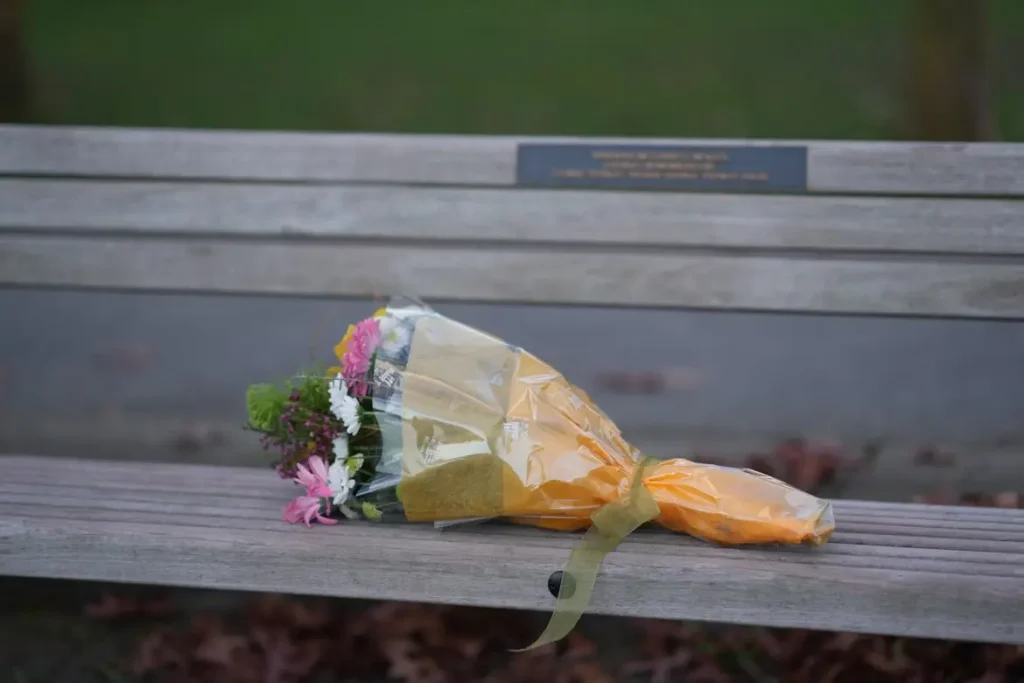Coping with Loss: Navigating the Mourning Process for a Loved One

In our lifetime, we all face the daunting reality of losing loved ones. The journey through grief can often feel overwhelming, particularly in the immediate aftermath of loss. Whether you’re grappling with this challenging experience in the cremation services Grand Blanc, MI region or elsewhere, knowing more about the mourning process can provide some comfort and guidance during this difficult time.
In the community of Grand Blanc, MI, and indeed across the globe, grieving individuals often find themselves confronting a series of complex emotions. These emotions are a part of a universal human experience, known as the mourning process.
Understanding Grief
Grief is the natural emotional response to loss. It’s a deeply personal journey, and it’s crucial to note that everyone experiences grief differently. Grief encompasses a wide range of emotions, including but not limited to, sadness, anger, disbelief, guilt, and profound loneliness.
The grieving process is often characterized by stages, a concept famously put forth by psychiatrist Elisabeth Kübler-Ross. These stages—denial, anger, bargaining, depression, and acceptance—serve as a helpful framework to understand the potential emotional landscape during this period. However, not everyone will experience all these stages, and they may not occur in order. The process is highly individual and can often feel more like a roller coaster than a linear path.
Grief also often has physical manifestations. You might experience insomnia, changes in appetite, fatigue, or other health concerns. It’s important to remember to take care of your physical well-being during this challenging time.
Navigating the Mourning Process
Despite its challenges, navigating the mourning process is an integral part of healing. Here are a few strategies that can provide support:
- Allow yourself to grieve: Give yourself permission to experience your emotions fully. It’s important to allow yourself to feel sadness, anger, or any other emotions that arise without judgement.
- Seek support from others: Connecting with others who understand your loss can be immensely comforting. Reach out to family members, friends, or join a local support group.
- Care for your physical health: Grief can be physically demanding. Try to maintain a balanced diet, exercise regularly, and get adequate sleep. These measures can provide the strength needed to navigate the emotional upheaval.
- Honor your loved one: Honoring your loved one’s memory can be a significant part of healing. This could be through sharing memories, creating a memorial, or organizing a fitting
 farewell.
farewell. - Seek professional help if needed: If your grief feels overwhelming or persistent, it may be helpful to seek the assistance of a mental health professional.
Coping with loss is undoubtedly a challenging journey. This path is not meant to be walked alone, and professional assistance is available. If you’re navigating loss in the Grand Blanc, MI area, compassionate professionals such as those at the Detroit Cremation Society are available to offer support. Not only can they provide guidance through the process of arranging cremation services in Grand Blanc, MI, but they can also share valuable resources and expertise on coping with grief.
Whether your loss is recent or some time has passed, remember that your grief is unique, and your healing process will be as well. By understanding the varied emotions that come with grief and the strategies available to navigate through them, you can take the first steps toward healing and acceptance, honoring your loved one’s memory throughout your journey.




